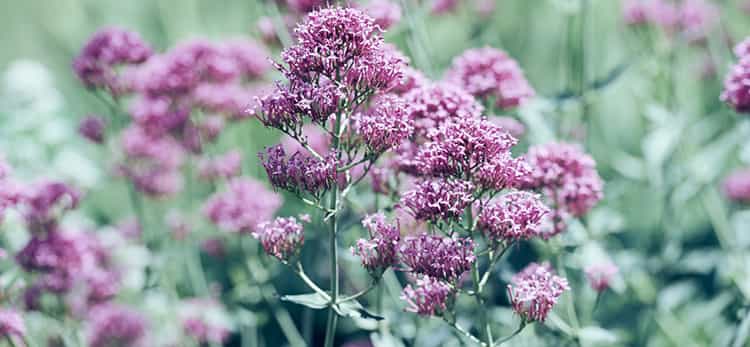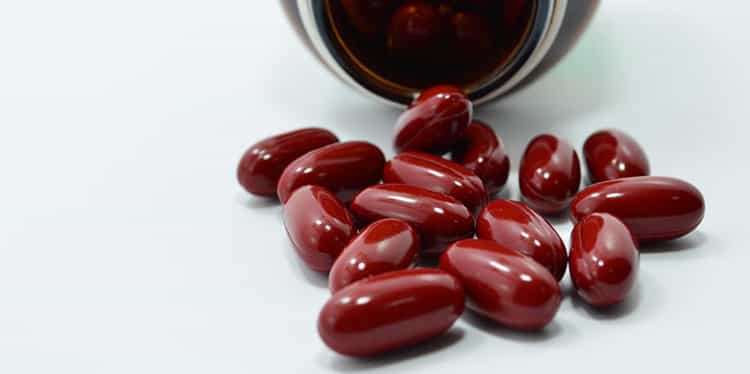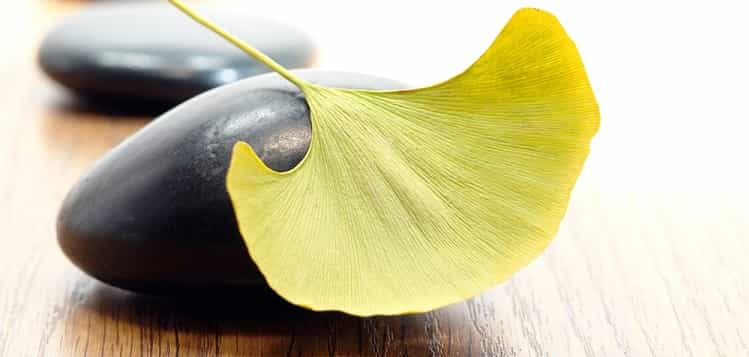Supplements are a multi-billion dollar industry. They help fill nutritional gaps in your diet or boost your immunity when your body is overtaxed. But not all supplement interactions are created equal, and some may interact with medications you take. Before you buy another vitamin or supplement, here’s what you need to know.
Table of Contents
Who’s in Charge?
You may think that because a supplement interactions is on a store shelf, it is safe to use, but that is not necessarily true. In the United States, the Food and Drug Administration (FDA) does not regulate supplements the same way they do over-the-counter and prescription drugs. It is up to manufacturers to determine effectiveness and safety, and they are not required to prove this to the FDA before a product goes on sale. As a result, quality and purity vary between products.
Take, for instance, a recent investigation by the New York Attorney General’s office into store-brand supplements sold by four major retailers — Walmart, Target, GNC, and Walgreens. According to The Washington Post, all four retailers have received cease and desist letters stating they must stop selling specific supplement interactions that Who found to contain little if any of the herb shown on the label and for not declaring allergen information. To ensure a high-quality product, you should buy supplements from reputable manufacturers with a good track record.
Most supplements do not contain label warnings about potential drug interactions and side effects. This can lead to dangerous interactions if you take prescription or over-the-counter medications.
Dangerous Interactions
Supplements, especially herbal ones, contain potent ingredients. Unsuspecting consumers may pop a supplement pill without realizing its potential to interact with a medication they are taking.
According to Drugs.com, taking the following joint supplements and drugs together may cause dangerous interactions:
Black Cohosh

Black cohosh, often used to ward off menopause symptoms, might increase liver toxicity if taken with other toxic drugs, such as acetaminophen or alcohol.
Valerian

Valerian, a supplement used to combat insomnia and anxiety, should not be used with other anxiety or insomnia medications, muscle relaxants, antidepressants or most pain medications.
Echinacea

Many people turn to echinacea at the first sign of a cold, but you should avoid caffeine while taking the herb. Echinacea may increase caffeine’s effects on the nervous system.
Coenzyme Q10

Coenzyme Q10 should be avoided if you take anticoagulant drugs such as Coumadin and Plavix, as it may decrease their anticoagulant effects.
Gingko Biloba

Gingko Biloba is taken to boost memory and help prevent dementia. Over 490 potential drug interactions with ginkgo balboa, including antivirals, drugs metabolized by the liver (including Prilosec OTC), blood thinners, diabetes drugs, and seizure medications.
St. John’s Wort

Evidence supports St. John’s wort’s effectiveness for mild to moderate depression. However, Who should not take it with other antidepressants, including SSRIs, MAOIs and tricyclic’s, antihistamines, sedatives, blood-thinning medications, birth control pills, triptans (migraine medications), antifungal drugs, statins, and some calcium channel blockers.
Kava
There are over 550 potential drug interactions with kava, asleep and anxiety herbal remedy. Significant drug interactions include alcohol, other drugs that cause liver toxicity, and buprenorphine.
Ginseng

Ginseng is used to boost immunity and increase energy. It may reduce the effectiveness of diabetes medications and blood thinners.
Feverfew

Feverfew, a popular herbal remedy for migraines, should not be taken with blood thinners or drugs metabolized by the liver.
Melatonin
Melatonin, a natural sleep aid, should not be taken with other sedative medications or antihistamines, muscle relaxers, antipsychotics, or benzodiazepines.
Vitamin K
Vitamin K counteracts anticoagulant activity in blood thinners such as Coumadin.
Vitamin A
Vitamin A supplements may interact with antibiotics, blood thinners, NSAIDs (ibuprofen or naproxen), and retinoid drugs.
Niacin
Niacin is used to lower cholesterol naturally. High doses may interact with prescription statin drugs.
When it comes to supplements, the saying “buyer beware” rings true. Accessories offer many health benefits, but it is up to you to educate yourself about the best brands and potential side effects and interactions. The above list covers some popular supplements but is not all-inclusive. There are thousands of possible drug/supplement interactions.
Drug interaction checkers are available online to help you make an informed choice. They are an excellent place to start; however, the best way to prevent a dangerous interaction or unwanted side effects is to talk to your doctor or pharmacist before using a supplement.
Also Read: Grave’s Disease a Rare Skin Problem




